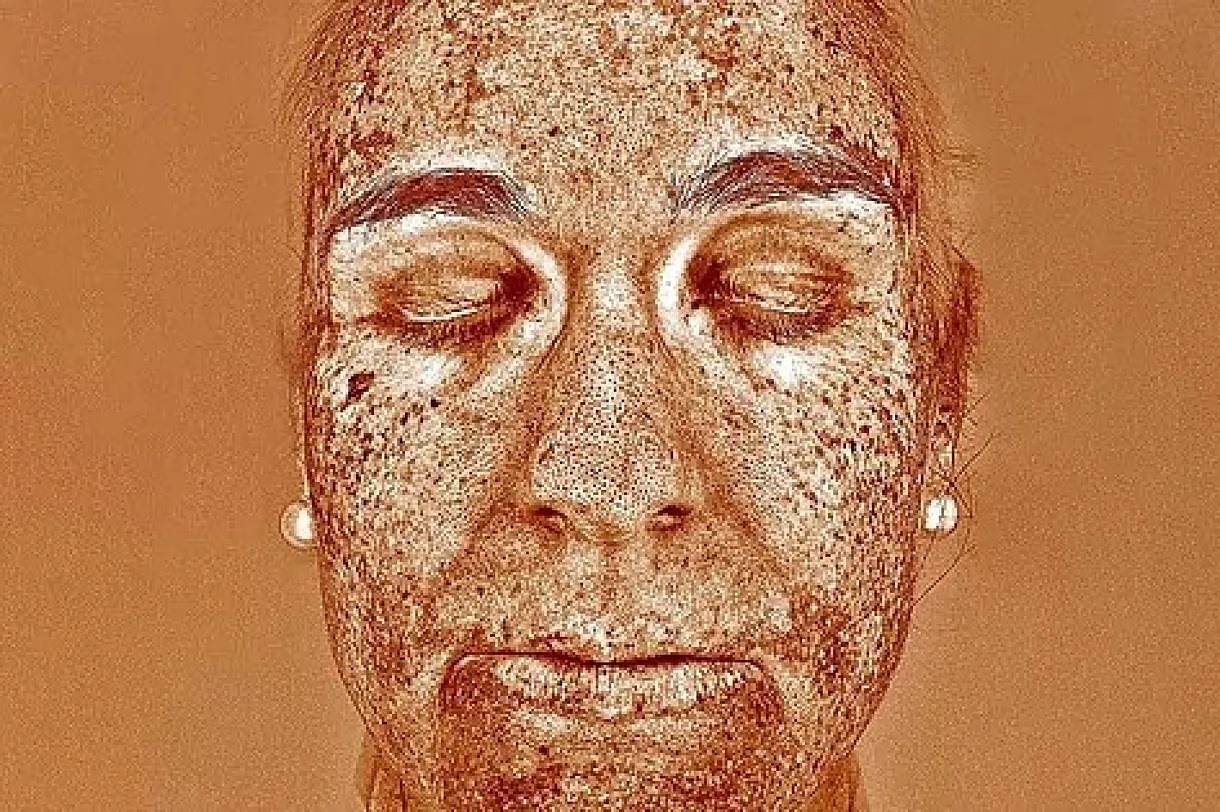The protective barrier of our body against possible physical or chemical 'threats', our skin is a guarantor of our health that must be cared for with reverence for reasons that go far beyond purely aesthetic.
Taking care of 'aggressions' such as, for example, overexposing it to the sun irrationally that, sooner or later, will end up taking its toll on us.
Because, despite the hoaxes and 'fake' advice that can be seen on social media, getting burnt in search of a supposedly beneficial 'sun callus', far from being a good option, is a very dangerous nonsense. "Ultraviolet radiation causes premature skin aging, due to the destruction of collagen and elastin fibers, resulting in a loss of firmness and elasticity of the skin. It also affects cellular DNA repair and promotes the formation of free radicals," explained Diana Camacho, a dermatologist at the International Dermatological Clinic and Ruber International, during the presentation of the new Eau Thermale Avène sun care line
.
So, more than a callus, what an exposure to the sun without protection produces are wrinkles, spots, and, in the worst cases, melanomas. And, especially for those who doubt the arguments of the scientific community, nothing better than coming face to face with the terrifying picture of the damage that the sun causes in the deep layers of our skin that this specialist talks about and that can end up manifesting externally in the form of melanoma, the most aggressive type of skin cancer that can be cured in 99% of cases thanks to early diagnosis.
Image of an analysis of the deep layers of the skin, carried out with Visia at the International Dermatological Center.
Dr. Camacho also refutes the argument that we need to toast ourselves under the sun no matter what (even with protection) to meet the requirements of vitamin D. "First of all, it should be clarified that diet plays a fundamental role. It is advisable to include oily fish, eggs, dairy products, etc., in our diet. Regarding sun exposure, it is important to emphasize that it must always be sensible and healthy. There is no scientific evidence that sunscreens lead to a vitamin D deficiency in the population." And the exposure time should be much shorter than many think. "In summer, it would be enough for us to be 26 minutes in the sun between 10 and 11 in the morning to obtain our ideal daily dose."
Camacho advocates for "a combination, once again sensible, of diet and healthy sun exposure" and if, despite this, the desired levels of vitamin D are not reached, there is always the option to "resort to supplementation".
In any case, this doctor leaves no room for doubt. "Sunning without taking the necessary precautions in order to load up on vitamin D is not a good idea, because it is known to promote the mutation of skin cells that develop skin cancer."
What do we do now that the sun is shining brightly and we spend so much time outdoors? Dr. Camacho gives us eight recommendations to take care of our skin in summer.
1. Minimize sun exposure during the middle of the day.
2. Seek shelter under an umbrella.
6. Use sunscreen appropriate for your skin type and reapply it every one or two hours.
7. Increase sun protection for children and teenagers.
8. Do not use tanning beds.

